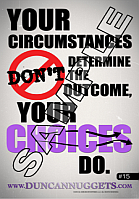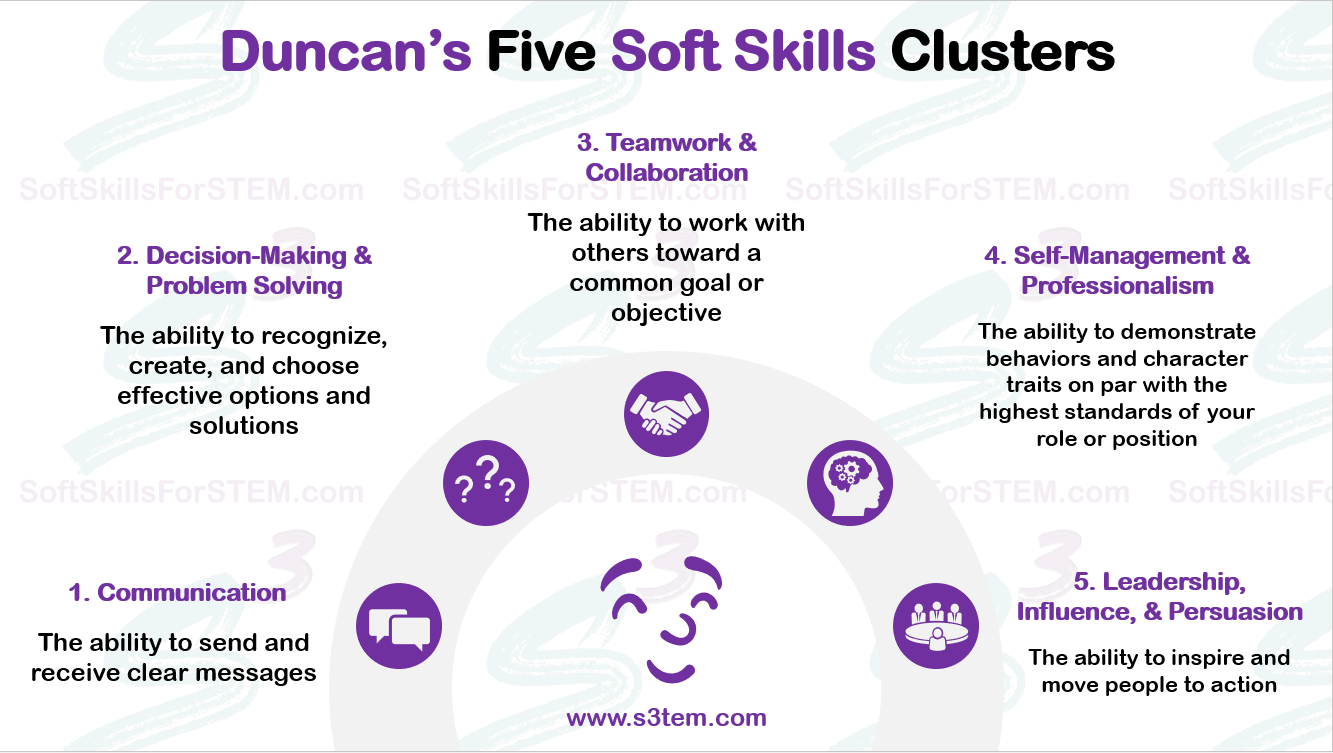With Friends Like These…
“Emotion can be the enemy. If you give in to your emotion, you lose yourself. You must be at one with your emotions because the body always follows the mind.”-Bruce Lee
Emotions are the guardians of your well-being. They are your friends and their primary objective is to ensure survival. They are arguably the most powerful force governing our behavior.
There is an old adage, however, that rings true when it comes to emotions. “With friends like these, who needs enemies?”
It is a scientific fact that if left untamed, our basic emotions (anger, joy, disgust, surprise, distress, and fear) would cause you to kill first and ask questions later. Or run first and ask questions later.
On an equally detrimental, but sometimes lighter note, emotions will have you shouting, crying, or jumping to conclusions first and asking questions later. Believe it or not all of this is done in the name of survival.
In the heat of the moment your body initially responds to a psychological attack (i.e. insults) in the same manner it would a physical threat. Think about that.
If emotions are supposed to be our friends, then why do they frequently leave us in a barrel of trouble? The answer is simple.
We are designed for survival, not diplomacy.
The emotional brain, also known as the limbic system, was rolling along for millions and millions of years doing what it does best: keeping us out of harms way. Then along comes the neocortex, the logical brain, to complicate things.
Now a person knows that if he or she can’t do physical harm, an insulting remark will often do the trick. Although it’s not a physical attack, your emotional brain still recognizes the bad intentions and responds accordingly.
If you aren’t careful, all of a sudden your friends could become your enemies. It takes 3-5 seconds for the chemicals that produce emotions to flood your system producing what is often referred to as an emotional hijacking.
In a life and death situation that calls for immediate action and there is little time for thinking, an emotional hijacking might save your life.
But at the office an emotional hijacking might cost you your job. In a negotiation it might cost you the deal. In an argument it might cost you a relationship.
Therefore the age-old advice about counting to ten before you respond has an equal amount of science and common sense behind it. It gives you a chance to use your logical brain.
So, when you feel a tidal wave of emotions flooding your system, hit the pause button and access your neocortex. Joshua Freeman, a leading expert on developing Emotional Intelligence, calls it the “six second pause.”
I’ve found that, for me it’s even better to take the four extra seconds and go for the full ten count just to be sure. Because it can be so costly, impulsive behavior is nothing to play with.
When I was growing up my mom used to always say to me, “Al, don’t let your friends get you in trouble.”
Mom, you never told me that you were talking about my emotions.
Suggested Reading:
Emotions and Your Health: Anger
Taming the Beast: 9 Keys for Mastering Your Anger
(Free E-Book)
- Categories: ArticlesCharacter DevelopmentPersonal DevelopmentProfessionalSelf-Awareness & PurposeSoft SkillsTeenYoung Adult







